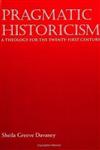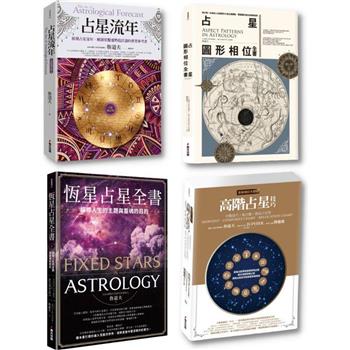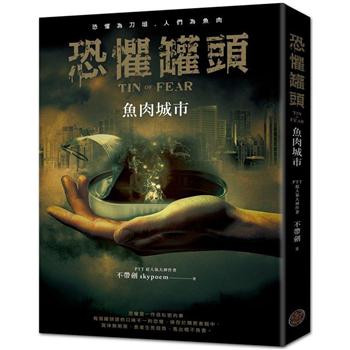Sheila Greeve Davaney develops a bold new option in theology and religious reflection--pragmatic historicism--which emerges out of the historicist assumptions of human situatedness, particularity, and plurality that have come to characterize Western thought. The major theological attempts by postliberal and revisionist theology to incorporate these insights have failed to contend fully with the historicist challenge; Davaney's pragmatic historicism more clearly repudiates essentialism, universalism, and confessionalism. The theology that emerges is constructive and critical, resisting all forms of confessionalism without resorting to new forms of universalism. In its academic mode, it is interpreted not in opposition to religious studies, but as one subdiscipline within the study of religion whose major concerns are the identification, analysis, and critical reconstruction of religious ideas. As such it is a form of cultural analysis and criticism. The work includes a detailed exploration of the thought of philosophical pragmatists Richard Rorty, Cornel West, and Jeffrey Stout, and theologians Sallie McFague, John B. Cobb Jr., Gordon Kaufman, Delwin Brown, and William Dean, among others.












